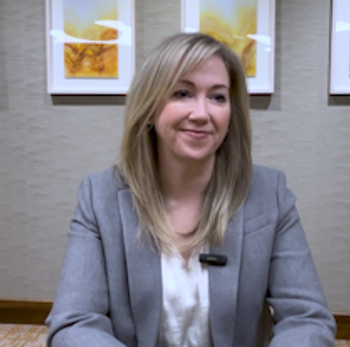
New guidelines recommend further restriction of tonsillectomy
New guidelines on the use of tonsillectomy in children aged 1 to 18 years suggest restricting the surgery to those children who are most severely affected by tonsillitis or throat infections.
New guidelines on the use of tonsillectomy in children aged 1 to 18 years suggest restricting the surgery to those children who are most severely affected by tonsillitis or throat infections.
The guidelines, issued in January by the American Academy of Otolaryngology-Head and Neck Surgery Foundation, are more restrictive than those published in 2000. The 2000 guidelines suggested consideration of tonsillectomy when children had at least 3 episodes of throat infection.
The new set of guidelines recommends consideration of tonsillectomy for children who have at least 7 episodes of throat infection in the past year, or at least 5 episodes each year for the past 2 years, or at least 3 per year for the past 3 years, noting that tonsillectomy can improve quality of life and reduce the frequency of severe throat infection in such children but that most children with frequent throat infection get better on their own.
A severe throat infection is considered to be one accompanied by a fever of 38.3ºC or greater, swollen or tender neck glands, coating on the tonsils, or a positive test for strep throat.
Children with less frequent or severe throat infections may still derive benefit from tonsillectomy if they have modifying factors, including antibiotic allergy/intolerance, a history of peritonsillar abscess, or PFAPA syndrome (periodic fever, aphthous stomatitis, pharyngitis, and adenitis).
Sleep-disordered breathing may improve after tonsillectomy in children with large tonsils, but some children (ie, those who are obese or have syndromes that affect the head or neck) may require further management for sleep-disordered breathing.
Other recommendations from the guidelines include administering a single, intravenous dose of dexamethasone during tonsillectomy to reduce pain, nausea, and vomiting after surgery. Also, antibiotics should not be prescribed routinely during recovery after tonsillectomy because no convincing evidence of benefit exists, and antibiotics expose children to risks and adverse effects. Parents should be educated about managing and reassessing pain after tonsillectomy. Strategies to improve comfort and manage pain include adequate hydration, use of acetaminophen or ibuprofen, early and regular use of pain medicine, and encouraging parents to ask their children about throat pain.
Baugh RF, Archer SM, Mitchell RB, et al. Clinical practice guideline: tonsillectomy in children. Otolaryngol Head Neck Surg. 2010;144(1 suppl):S1-S30.
Newsletter
Access practical, evidence-based guidance to support better care for our youngest patients. Join our email list for the latest clinical updates.








